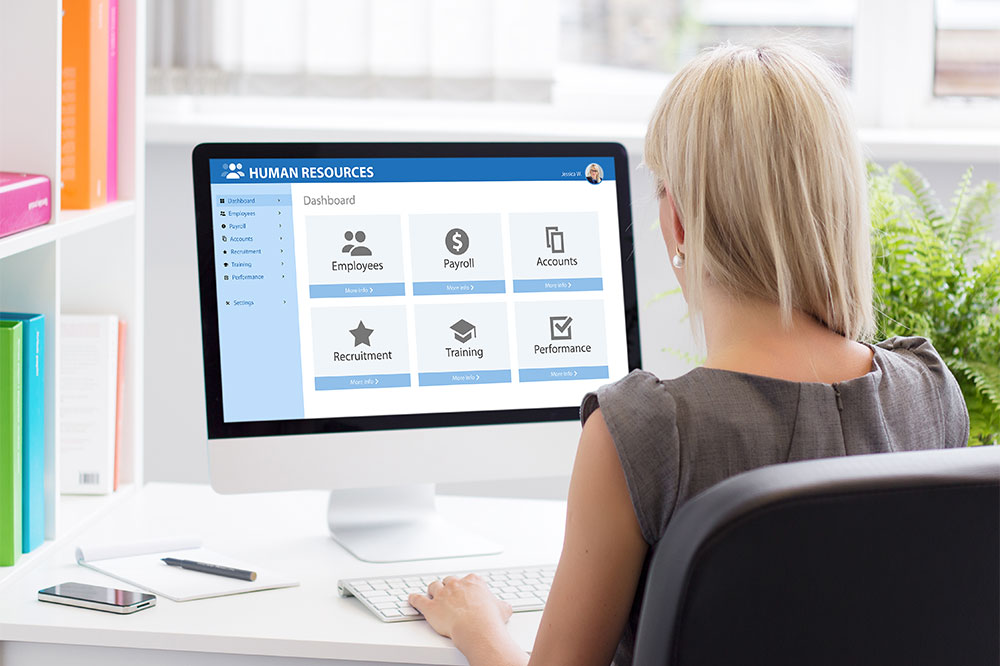Significance of Human Resource Management Software for Businesses
This article explores the importance of human resource management software, highlighting its key features, types, and tips for selecting the best solution for your organization. It underscores how HR software enhances efficiency, streamlines processes, and supports employee engagement, all while emphasizing the ongoing need for human oversight in HR functions.

Significance of Human Resource Management Software for Businesses
The human resources (HR) department plays a vital role within organizations. Many HR teams leverage specialized software to streamline employee recruitment, onboarding, training, project supervision, system audits, payroll processing, and overall HR operations. Addressing issues within any department can impact the company's efficiency and employee satisfaction. HR management software acts as a crucial tool to prevent and resolve such challenges, ensuring smoother operations and happier staff.
Key HR metrics, including attendance, employee engagement, and productivity, benefit significantly from HR software solutions.
Can HR software replace human roles?
Many believe technology will replace HR professionals — however, it primarily enhances productivity rather than replaces humans. Human judgment and interaction remain irreplaceable, though technology simplifies many repetitive tasks.
HR software offers employees and HR staff easier management of payroll, employee records, attendance tracking, recruitment procedures, and leave management, automating routine functions.
Despite technological advancements, the need for human oversight persists in HR functions.
Critical features of HR management tools include:
Collaborative performance reviews, skill assessments, and feedback are vital for a productive workplace environment, with HR software supporting these processes through efficient recruitment modules and employee evaluations.
Recruitment modules enable vacancy announcements across multiple platforms and help filter applicants based on qualification criteria.
Comprehensive HR software streamlines workforce management, eliminating confusion from spreadsheets and email miscommunications by unifying all HR activities in one platform.
Additional benefits include improved teamwork, payroll administration, and recognition systems.
Types of HR management software
Different HR software solutions serve distinct purposes — from managing core HR tasks to strategic planning and full workforce oversight.
Core HR systems focus on payroll, benefits management, and essential HR functions, automating routine tasks for efficiency.
Strategic HR solutions aim at optimizing hiring processes, offering applicant tracking, onboarding, corporate training, and employee retention tools.
Workforce management software handles scheduling, monitoring, and overseeing employee activities post-hire, ensuring smooth operation from onboarding to daily management.
Guidelines for choosing the right HR software
Compare top HR management tools based on features, user feedback, customer support, and scalability.
Assess software accessibility, ease of use, and the provider’s support services.
Consider on-premise versus cloud-based options, data analytics capabilities, compatibility with your HR team size, and mobile accessibility.










